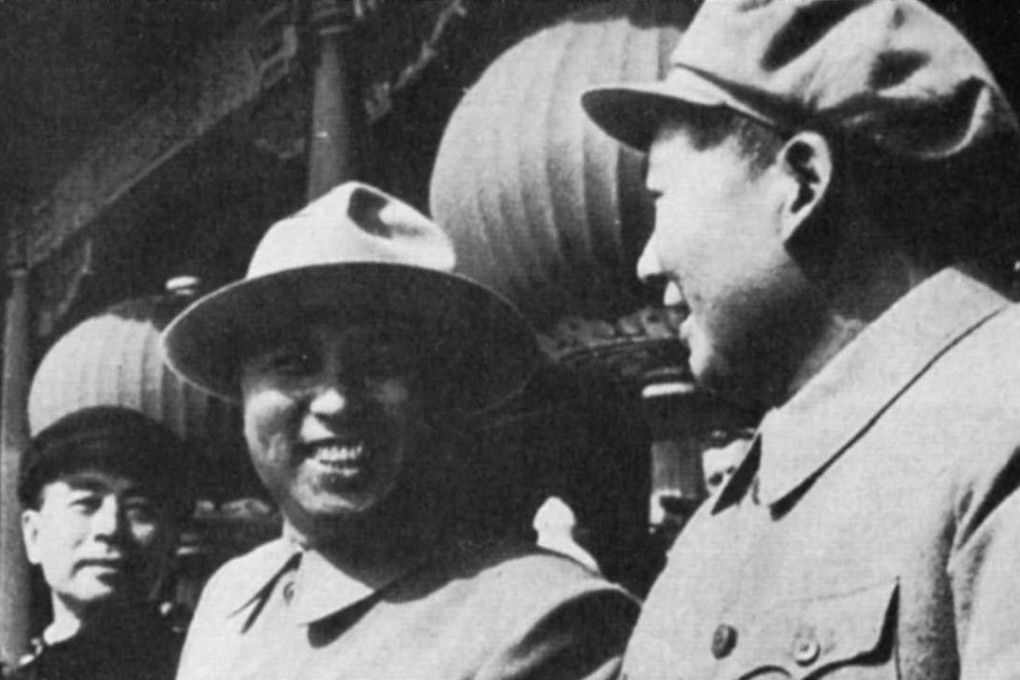China unlikely to come to North Korea’s defence if tensions escalate over nuclear weapons tests, say Chinese experts

China is unlikely to defend North Korea in case tensions escalate on the Korean peninsula over Pyongyang’s nuclear provocations despite a mutual defence pact between the two communist allies, mainland scholars say.
The North failed in its attempt to launch a missile on Friday to mark the birthday of the nation’s founder, Kim Il-sung, according to the US and South Korean militaries. It was the latest in a series of public displays of its advanced rocket technology,which prompted the UN Security Council to respond with beefed up sanctions.
The remarks by mainland scholars came after the overseas edition of the Communist Party mouthpiece People’s Daily published an online commentary earlier this month saying China was still committed to protecting North Korea against potential outside attacks.
China and North Korea signed their Treaty of Friendship, Cooperation and Mutual Assistance 55 years ago, under which Beijing pledged to give assistance to Pyongyang in the event of an attack.
Professor Pang Zhongying, an international relations expert at Renmin University, said Pyongyang’s nuclear development, which Beijing viewed as a threat to its security interests, had irreversibly damaged Sino-North Korean relations and rendered the treaty effectively null and void.
“The treaty is China’s only legally binding bilateral security pact remaining in force. But it exists only in the legal sense and it is highly unlikely that China will provide military aid in the event of a conflict or war,” he said.